
Key Changes in the Proposed vs. Approved Budget
Key Changes in the Proposed vs. Approved Budget
Category

Key Changes in the Proposed vs. Approved Budget
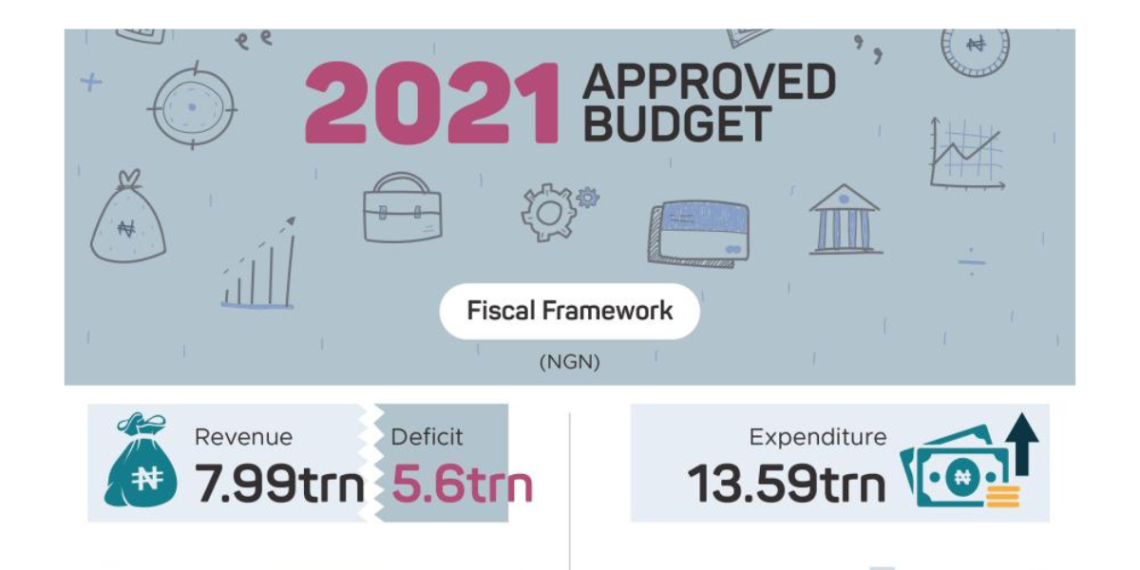
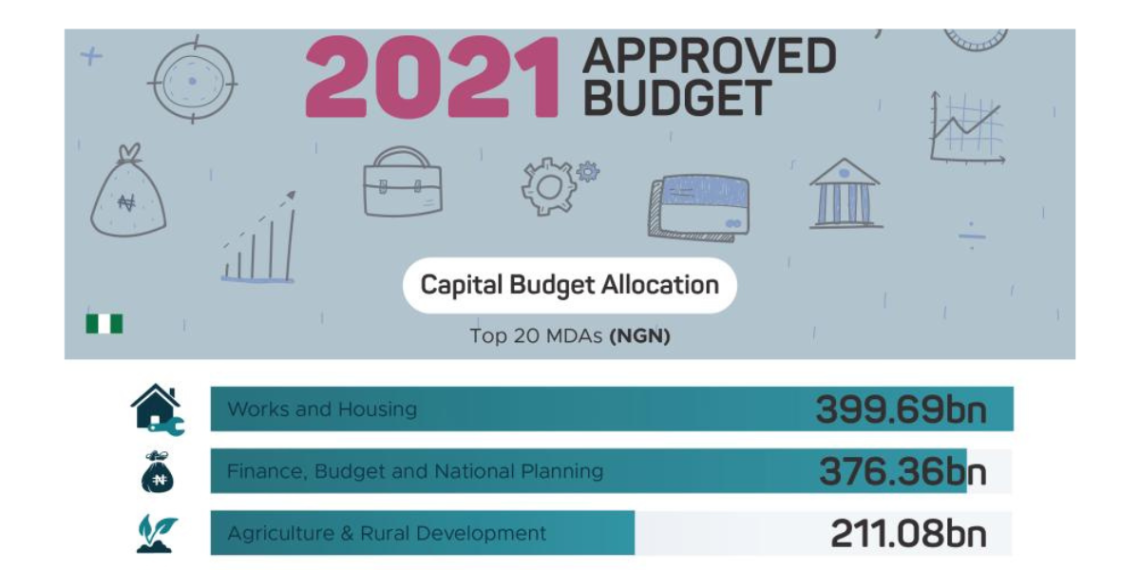
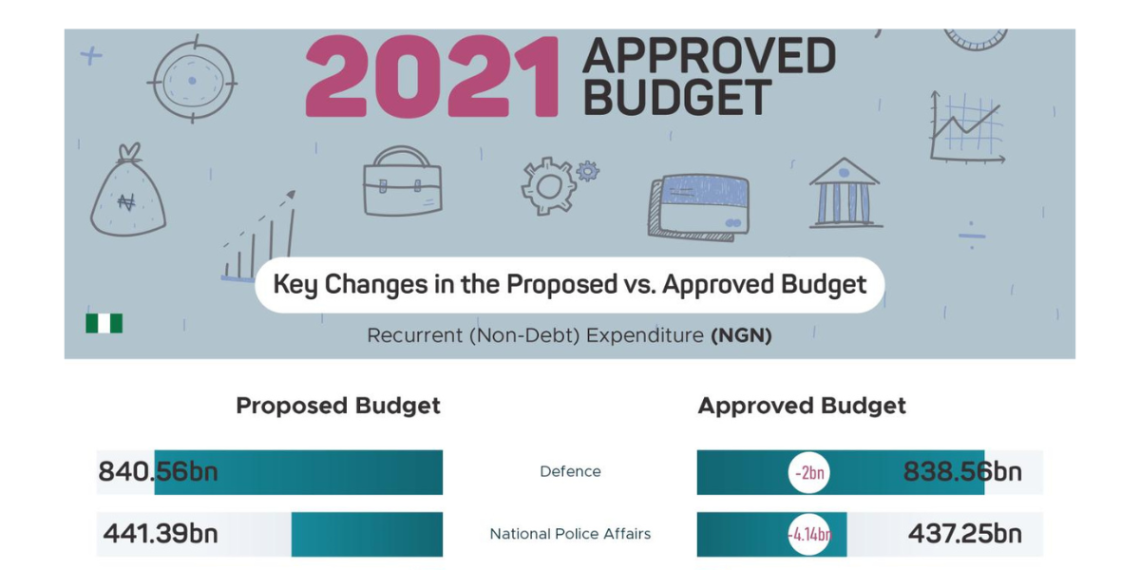
Key Changes in the Proposed vs. Approved Budget (Recurrent (Non-Debt Expenditure)
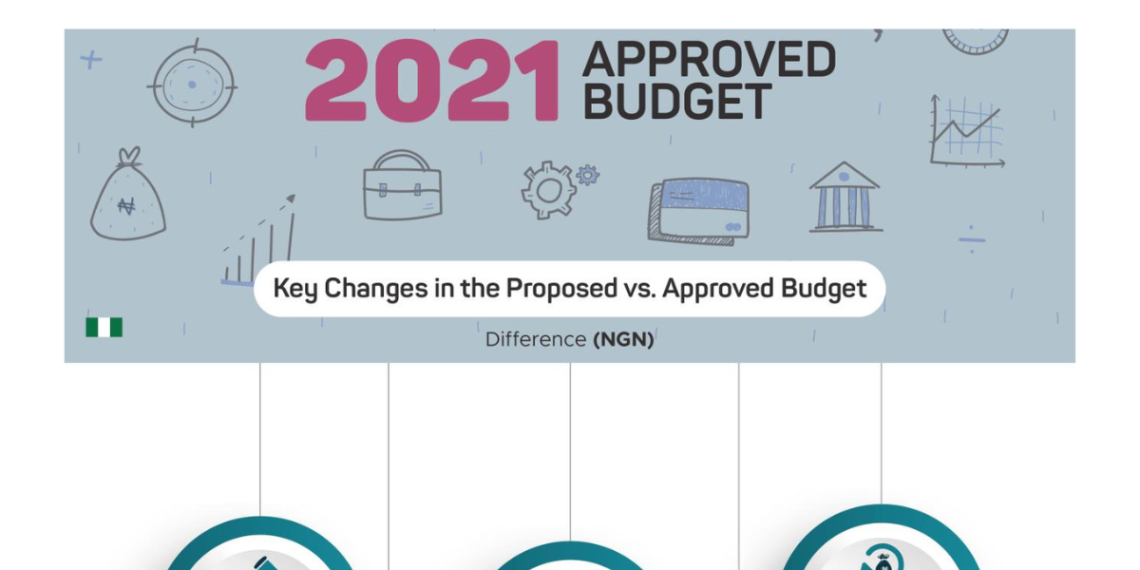
Key Changes in the Proposed vs. Approved Budget (Difference)
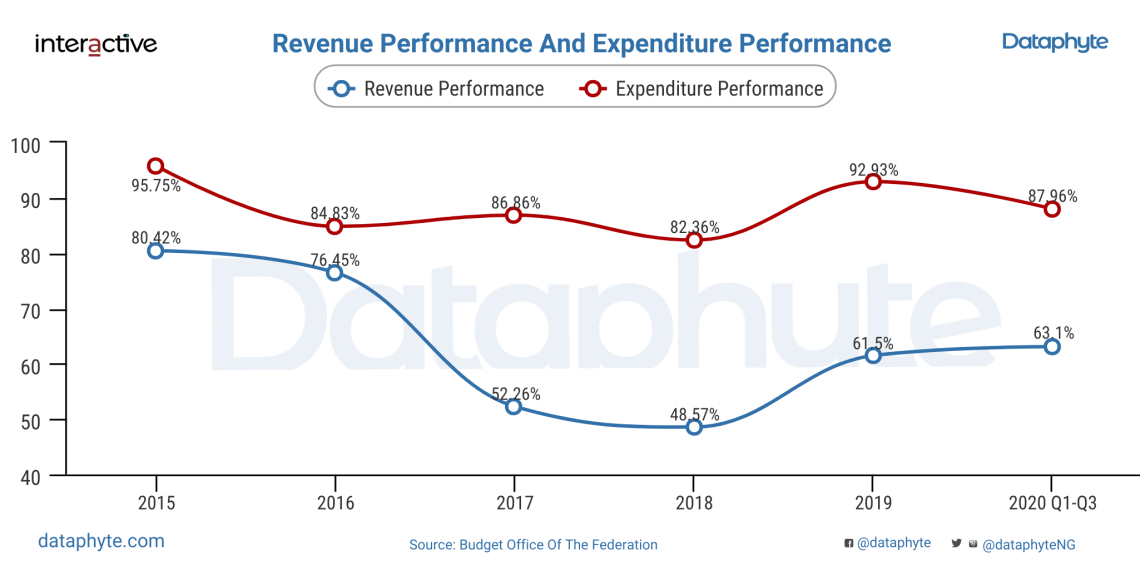
The federal government debt rose from ₦23.3 trillion in 2019 to ₦32.92 trillion by the end of 2020. This crippling debt burden reveals Nigeria’s shrinking revenue base and an unbridled appetite for spending.
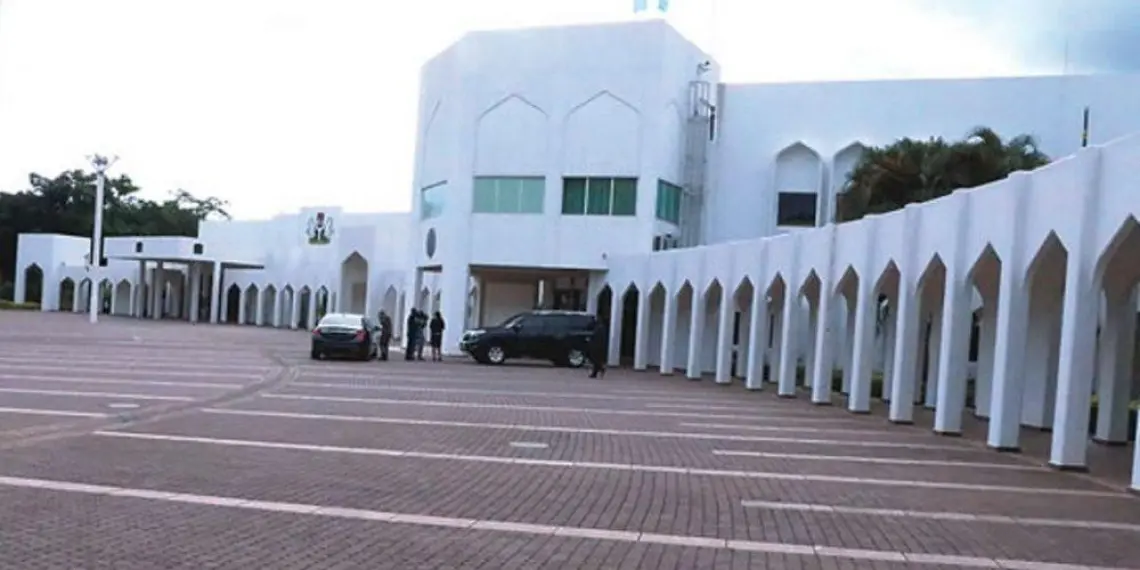
The State House has budgeted over ₦37bn for the repairs of residential and office buildings since 2016. And despite the gripping recession, the 2021 budget for Aso Villa’s refurbishment stands at ₦11.04bn.
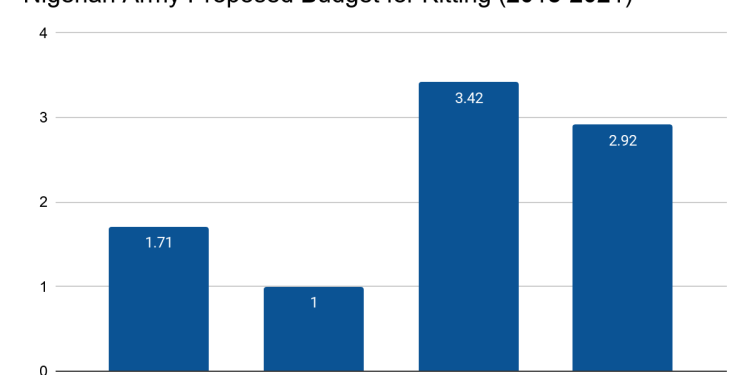
#2021Budget: Buratai’s Nigerian Army budgets ₦2.9 billion to Kit its Personnel

Nigeria accords the same regard for Cleaning as it does Research and Development. This is true for the Ministry of Defence who allocated ₦32.9m for Cleaning and Fumigation; earmarking ₦35.6m for Research & Development. This, however, pales in comparison to the importance the ministry placed on partying. Coming in at almost three times the sum, “owambe funds” stood at ₦80m.
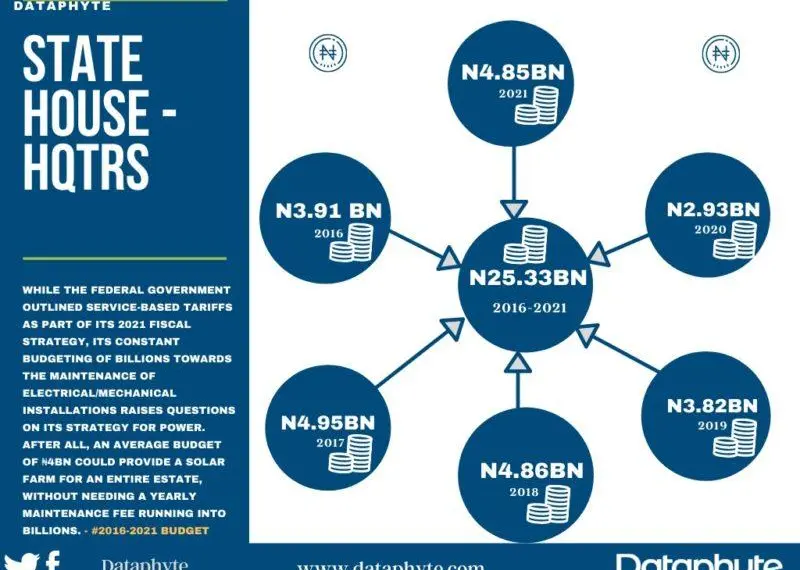
Aso Villa budgeted over ₦25bn for maintaining its electricity and plumbing since 2016. And now it has budgeted ₦4.85bn for the coming year, at a time of economic uncertainty; all the while preaching the gospel of solar and new electricity tariffs.
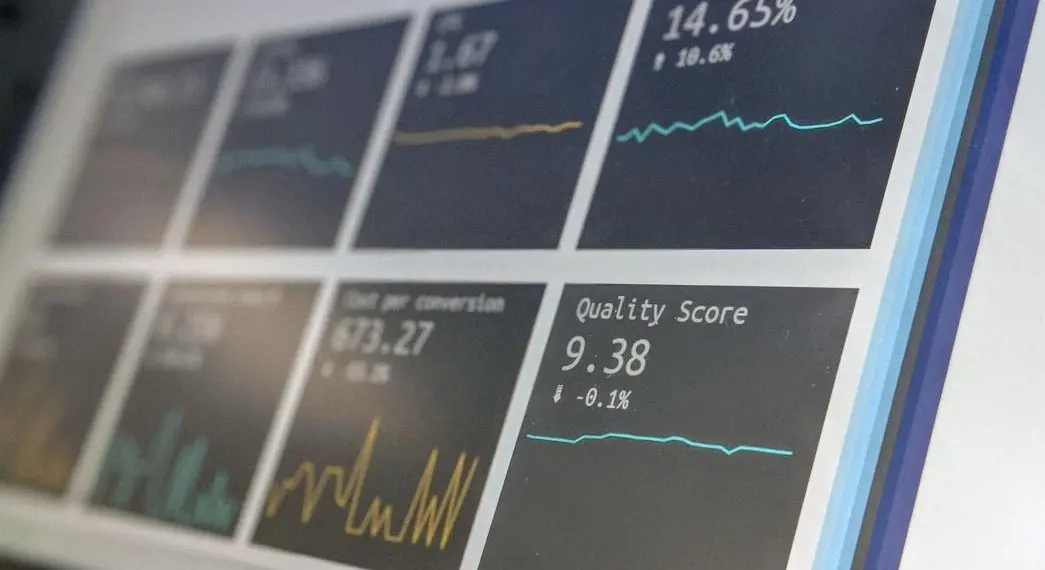
Transparency in budgeting and contracting mostly remains missing in state governments. Even more uphill is the task for civic organisations in partnering with these governments to help establish open portals. Incentivising governments to coerce fiscal accountability has proved effective, albeit on a small scale. But for most governments, lack of political will or ignorance on the importance of an open government has forestalled progress

A vote against Security Votes, controversial allocation makes a return to an uncertain 2021 budget with only 40% debt financing. Recall, many reports had previously condemned these expenses on their secretive and excessive nature.
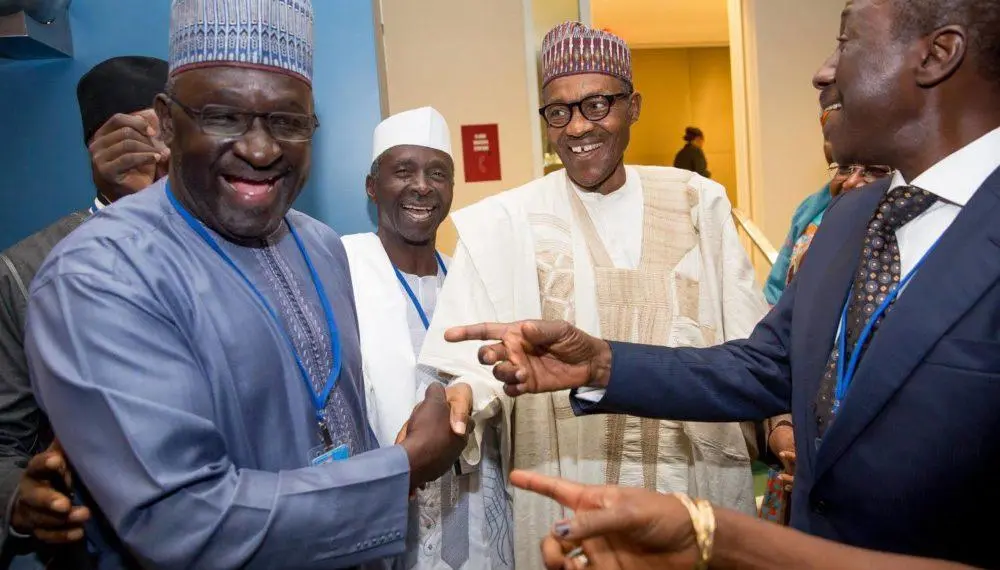
Despite pressures to debt financing, President Buhari’s Administration still budgets ₦16.79 billion worth of redundancies with invisible money. Already, the 2021 budget features a 20.9% increase from the previous revised 2020 budget. And projections have the country’s debt profile at ₦35 trillion in four years.

Some experts defended the 2021 Appropriation bill’s reliance on debt, noting “time will justify the borrowings.” Well, the question on our minds is how time could justify a ₦676.3 million sitting and honorarium allowance to the presidency.
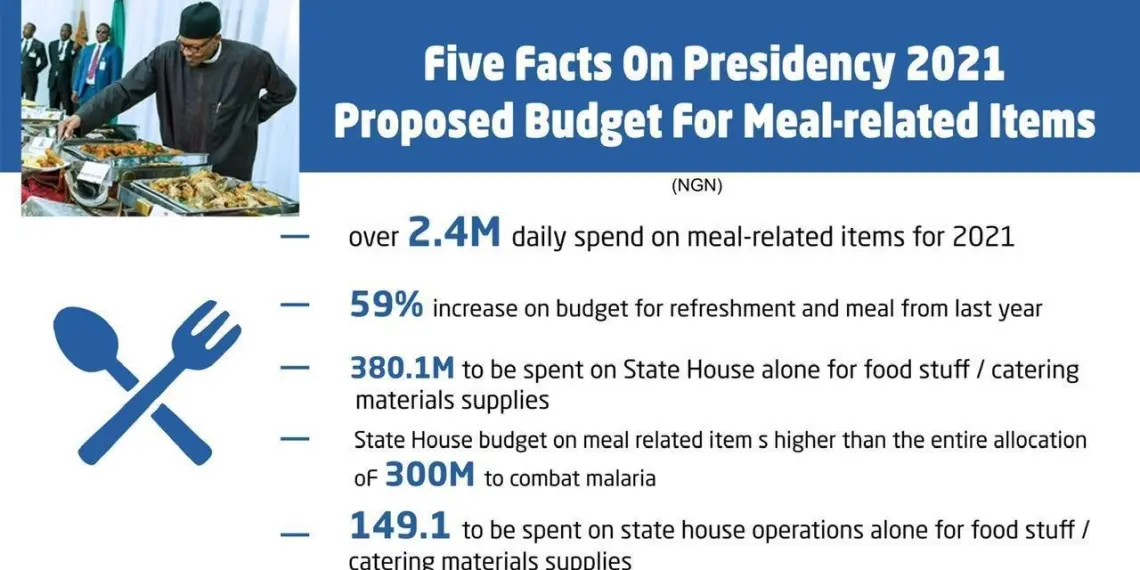
Being a president comes with its perks, and so does working for the presidency. But for Nigeria, the lines between officeholders’ satisfaction and taxpayers’ contribution continue to blur.